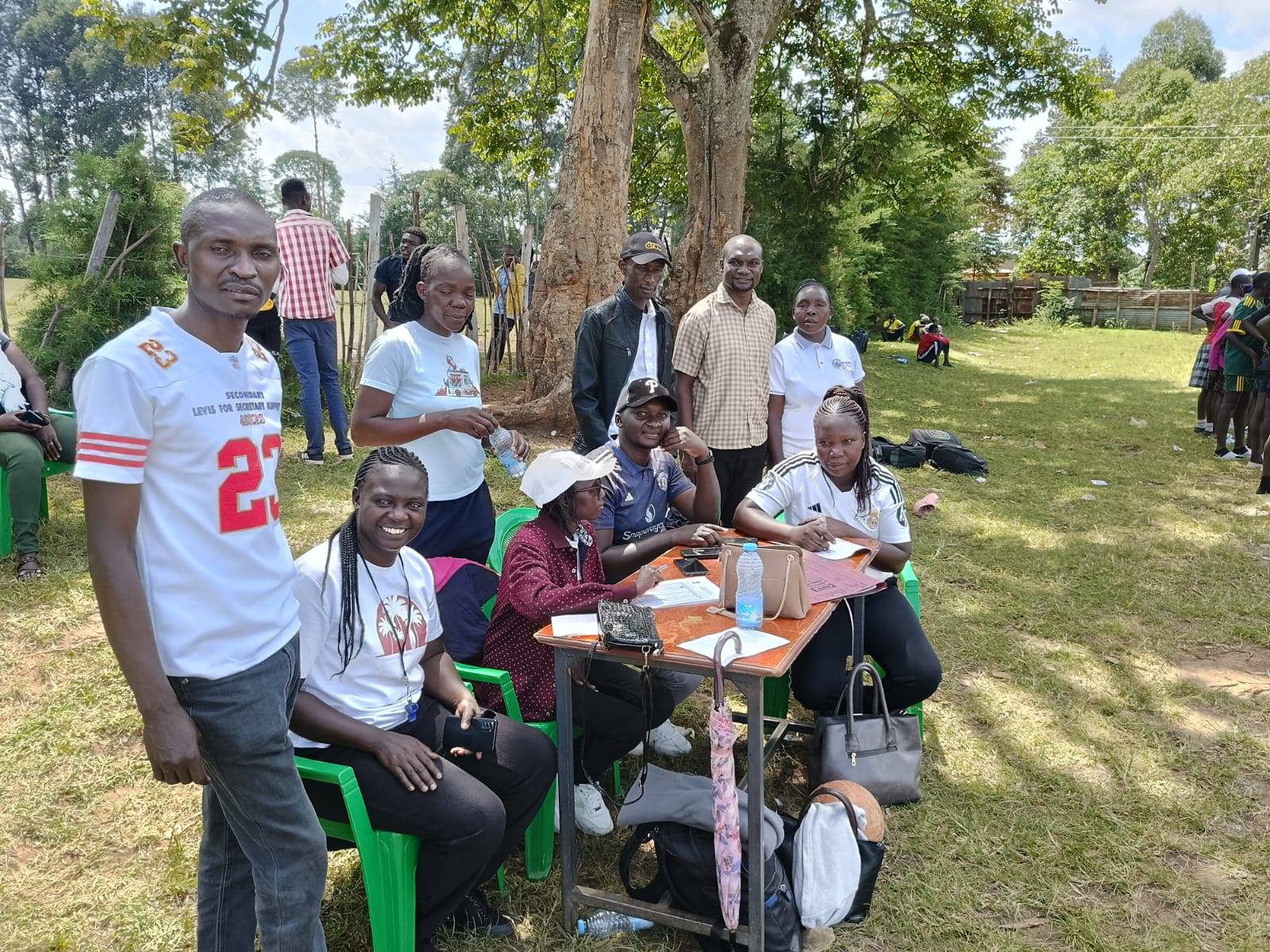The government has been challenged to launch affirmative action in the placement of hustler learners to university based on the social and economic status of the regions they are drawn from.
A review of qualifications set for admission to public universities according to a region’s hardships or social economic advancement would create an affirmative balance among all prospective university students.
The former chairman of the Kenya National Qualifications Authority Dr. Kilemi Mwiria said the review would reduce what he termed as the disadvantages faced by the “Hustler Child in access to university education.
The educationist suggested that the low-class (hustler) child should not be placed in university or college strictly on the basis of the grades he achieved but their levels of marginalization.
Kenyans, he said lived in hustler times and there was hence the need for the growing disadvantages placed on the hustler child as he struggled to access university education and employment to be removed.
- Mwiria said the education sector should shed its prevailing over-emphasis on higher grades and appreciate that learners performed in accordance with the hurdles confronting the although the hustler child and learner could fit in any system even the most challenging.
It was extremely unfair for the government to continue ignoring affirmative action in university placement, the offer of a scholarship, and finally employment, Dr. Mwiria said.
He said the situation was worsened by the fact that this was viewed against a background where the hustler learners were being compared and forced to compete with socially and economically advantaged counterparts.
The Kenya Universities and Colleges Central Placement Services (KUCCPS), Dr. Mwiria suggested should be fair to hustler children mainly drawn from hardship areas instead of placing them on the pedestal with those from prestigious schools and academies.
In his hard-hitting contributions during a debate on education broadcast by a local TV station, the eminent scholar said the use of the best grades entirely as the basis of placing learners for prestigious courses was discriminative.
The scholar also took issue with the style of capitation in the university and maintained that it was unfair to even start to discuss funding university education when very few Kenyans made it to the institutions.
- Mwiria termed it as discriminative for the KUCCPS to insist that to get to university a child from a day school in Garissa County requires a C plus just like a child who studied at Mangu High School in Central Kenya.
It was hugely unfair, Dr. Mwiria further argued to demand that to qualify for medicine a child from a day school in Pokot needed the same cluster or the same grade as a child from Kagumo High School in Nyeri County.
“If a child is from some place in Mandera a C-plus is enough for him or her to enter university but the grade should be a B or higher for one from an institution such as Kenya High School”, suggested the scholar.
Hustler children from disadvantaged regions should be treated affirmatively suggested Dr. Mwiria explaining that, “if one is from a day school in Mandera and achieves C-plus, one should be accepted to do medicine as compared to a student who has an A plain from another school”.

Fairness, he said needed also to translate into the offer of what was available in terms of government scholarships to avoid denying highly deserving children from poor families capitation in favour of those from families who could afford to pay for their university education.
“Why should we allow non-hustler children who could afford to pay for their education overseas to take local scholarships which should be dedicated to the hustler students”, said Dr. Mwiria.
Scholarship from friendly foreign Countries as well as those available locally, Dr. Mwiria demanded should be dedicated to hustler children who studied in day schools.
Allocation of more scholarships to the day school learners, he said would popularise the day schools and make parents get motivated to take their children to such schools.
“Parents will realize…oh my so my child can go to a school in Tigania where they can finally make it to university to do medicine”, said Dr. Mwiria adding that the same affirmative system should cascade to employment.
He argued that a child from a non-hustler family was more likely to not only buy a university degree through a parallel degree program but will also be able to buy employment and get a job after graduation.
Kenyans, he said had to wake up to the challenges faced by the hustler family and child when it came to access to education and employment by creating favourable opportunities for them.
He stressed the need for the government and stakeholders in education to start thinking about how to get the disadvantaged hustler kids to become competitive to a level where they would be able to take advantage of opportunities both in education and after graduation.
By Robert Nyagah
Get more stories from our website: Education News
To write to us or offer feedback, you can reach us through: editor@educationnews.co.ke
You can also follow our social media pages on Twitter: Education News KE and Facebook: Education News Newspaper For timely updates.






